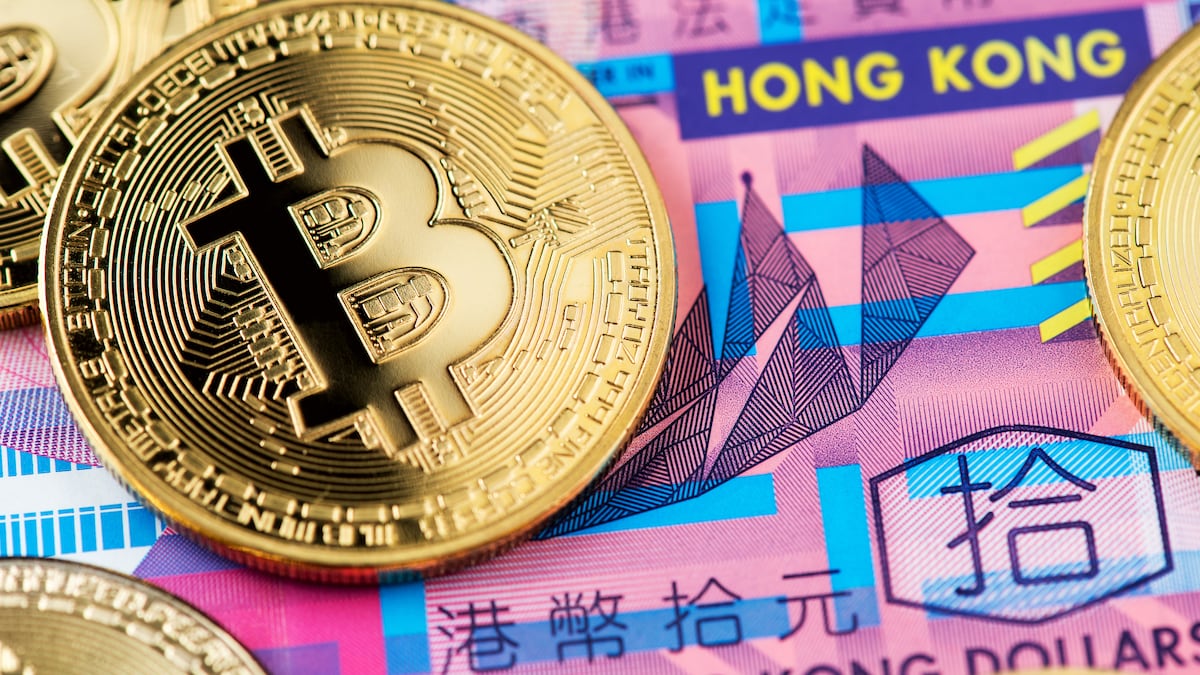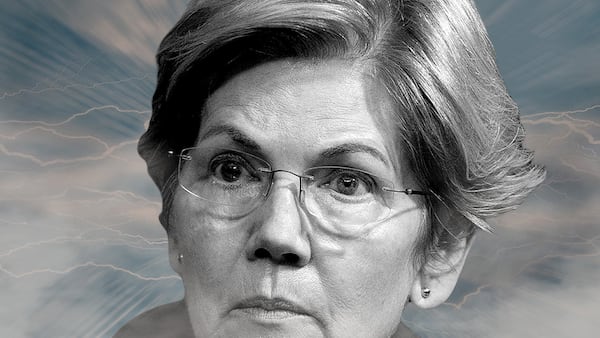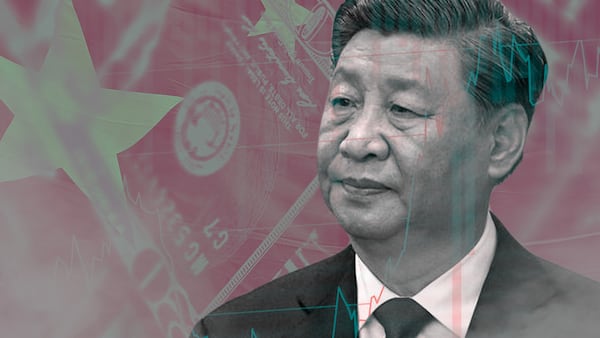- An obscure tax document set pulses racing in China's crypto community.
- Taiwanese crypto gamblers learned the hard way that betting on elections is illegal.
- Cambodia goes all in on blockchain infrastructure despite crime wave.
This is the first article in Asia Dispatch, a weekly series from Hong Kong correspondent Callan Quinn on Asia crypto news.
On Sunday, Chinese crypto aficionados were buzzing with excitement.
The reason? An article from an obscure agency called the Shanghai Municipal Tax Service — I know, gripping stuff — mentioned that taxing virtual currencies may become part of paying personal income tax.
Never mind that it wasn’t clear if the agency was referring to crypto or non-blockchain gaming tokens. Never mind that the article was wiped from the internet by Monday.
The missive from an esoteric agency spurred another round of “China’s joining the crypto party, just like Hong Kong!” a well-worn vibe that strikes every few months following the slightest of pretexts.
Because despite all evidence to the contrary, there’s a persistent belief that China might suddenly go soft on its crypto crackdown.
People are desperate
Whether its a memo about web3 that gets misinterpreted, a judge ruling that crypto is property, or crypto mogul Justin Sun musing how Hong Kong is a lab for testing blockchain products, the result is always the same — people are desperate for any hint Beijing is ready to release crypto from its regulatory shackles.
By way of a refresher, China is all for web3, CBDCs and blockchain.
But only if these innovations are under government control and do not feed market speculation. Think of it as crypto without crypto culture or trading or fun.
Policy U-turn
In response, blockchain entrepreneurs keen on accessing China are following the lead of companies like ByteDance, the venture behind TikTok. It splits its offerings between ones that are compliant with China’s strict rules, and looser international markets.
But don’t count on a crypto policy U-turn. And even if it did happen, the crypto firms that fled Beijing and Shanghai to friendlier shores like Singapore are unlikely to return. For many, even Hong Kong is still too close for comfort.
Bulletins:
Polymarket arrests
Last week, Taiwanese police arrested another 11 people in connection with using Polymarket, the blockchain prediction marketplace, to bet on the outcome of the island nation’s 2024 presidential election. It brings the total arrested up to 28 following a first round by police in December last year.
Gambling on elections is illegal in Taiwan.
Cambodia’s blockchain push
Cambodia’s government plans to push for blockchain adoption is a key development priority, according to a Khmer Times article on the Ministry of Industry, Science, Technology & Innovation’s ‘Blockchain Technology Readiness for Cambodia’ report.
But the message comes as Phnom Penh scrambles to clamp down on numerous centres where organised crime groups are coercing people to run online crypto scams.
Plans to apply blockchain technology in education, manufacturing, and, erm, handicrafts feels a bit passé but it’s a cornerstone of the nation’s attempts to move from a labour to skills-based economy by 2025, as well as longer-term plans to build up the economy.
Got an Asia crypto story? Get in touch with DL News’ Asia Correspondent at callan@dlnews.com.







